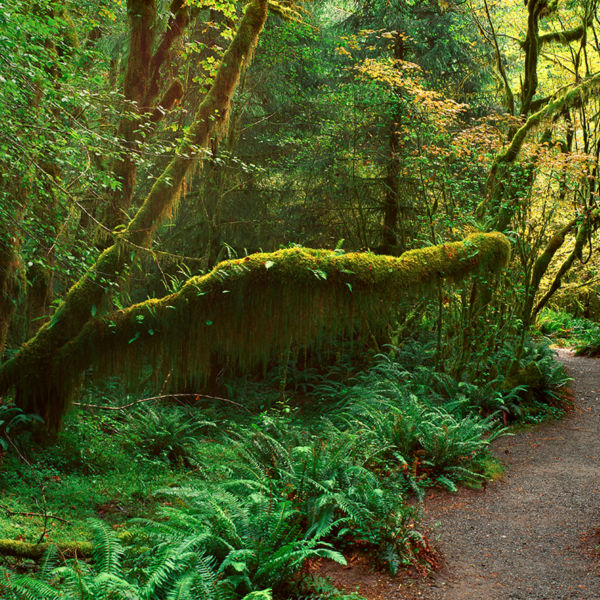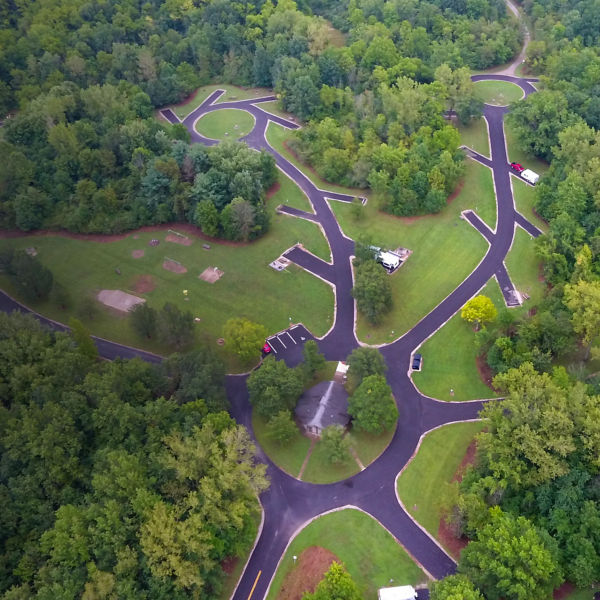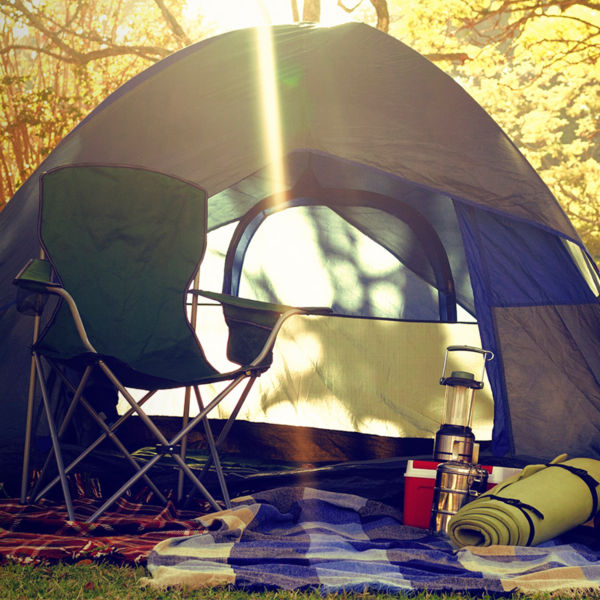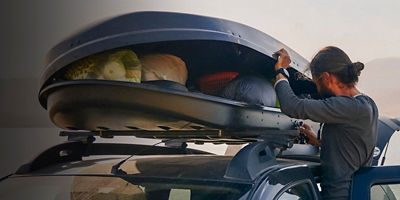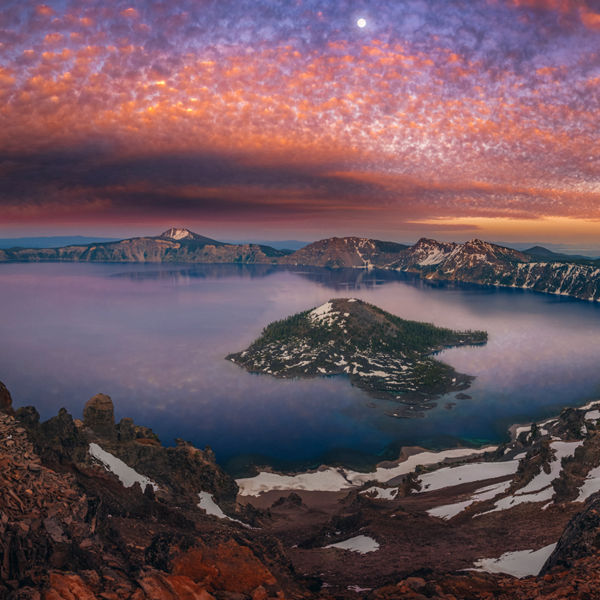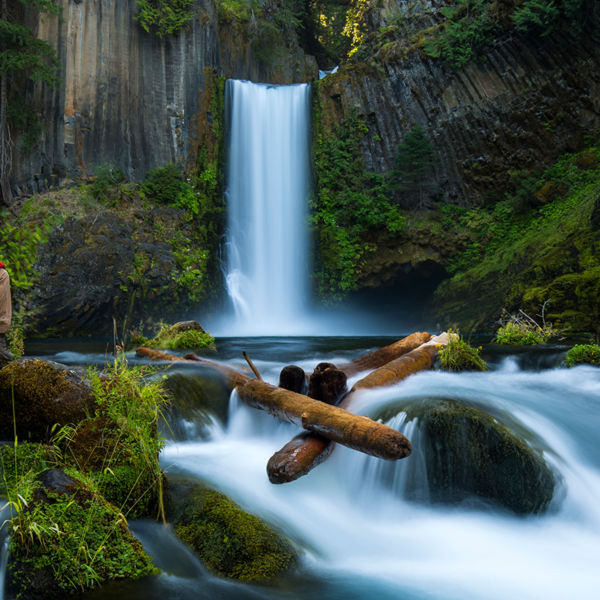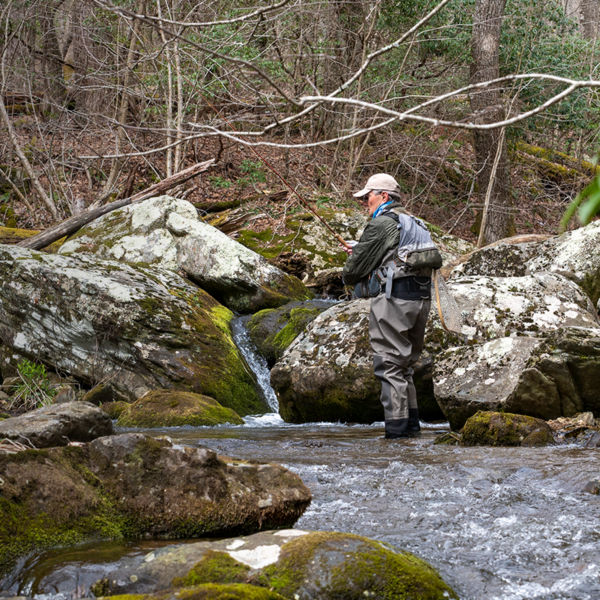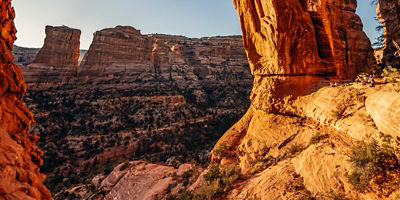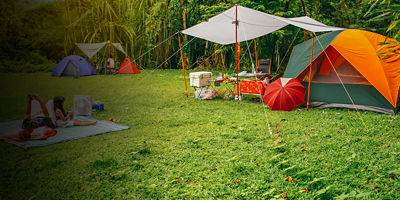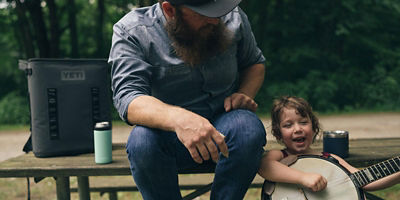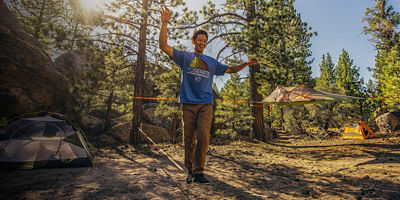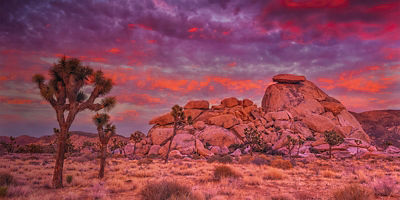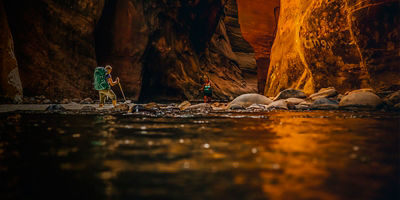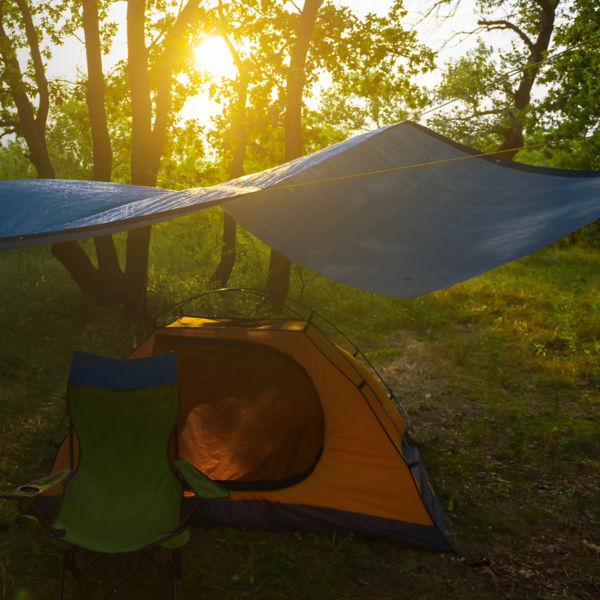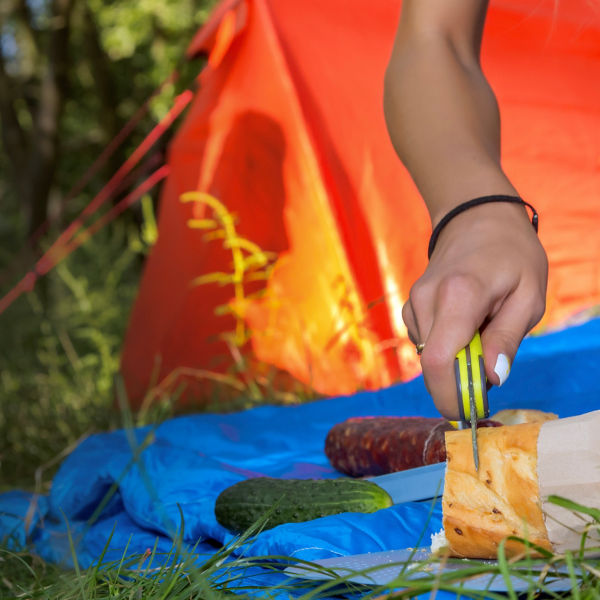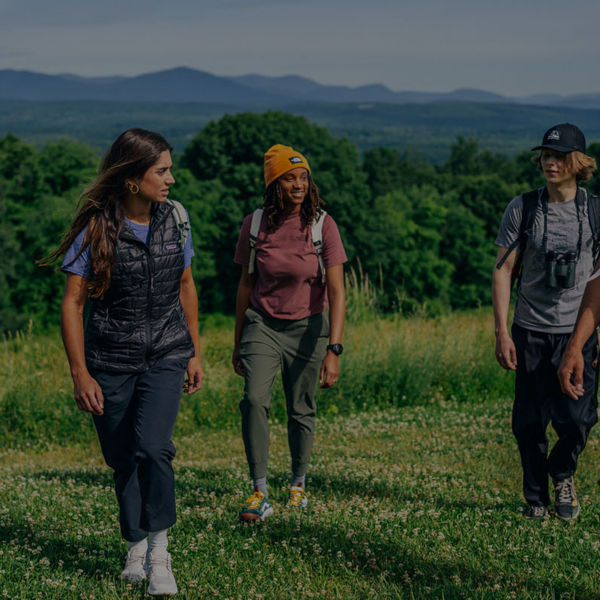
Taking your children to the grocery store can seem like a daunting proposal most days, so dragging them into the woods to sleep in a tent for multiple nights might feel borderline crazy. Yes, camping with your kids is more trouble than bedding down in your own home, but it’s worth the extra effort. A family camping trip is the kind of venture that can create lasting memories for you and your offspring. Roasting s’mores over a fire, staring up at the starry night sky, finding salamanders under a rock: Not to overstate the importance of a weekend in the woods, but it can lay the foundation for a lifetime of appreciation for nature. No pressure, right? Relax, the great outdoors does the hard work, you mostly just have to show up. And with some solid advice, your first family camping trip will be an overwhelming success, whether your kids are 2 or 12.
In this article, you’ll learn:
- How to plan a family camping trip
- What to do while your camping
- Key gear you’ll need
- Food tips (Hint: snacks!)
Camp Planning
Choose Your Destination Carefully
The destination is everything. It’s also not that important at all. Kids can have fun in a field with a couple of rocks. No kidding. Choose a location that’s close to home that has some amenities, like pit toilets or full bathrooms with showers, so that you don’t have to worry about pooping in the woods on your first camping weekend. Established sites with picnic tables and fire rings also makes things easier. Let your kids help choose the location. Give them a couple of options—maybe one with a lake and the other with a river—and let them decide where they want to go. Ownership of the trip will give you a head start toward success.
Skip the Backyard Campout
Some parents advise doing a dry run by pitching your tent in your backyard, but here’s the deal about backyard camping: It’s too easy to call it quits when things get uncomfortable. Because the truth is, sleeping outside in a tent is not as comfortable as sleeping inside your house, and your kids will pick up on this right away. That’s why we built houses in the first place. Instead of the backyard campout, find a state park or national forest that’s close to your home and has some sort of attraction—a great hike or a lake or a river to tube. Just getting out of your immediate surroundings can give your weekend in the woods the exotic push your kids need to understand why you’re pitching a tent in the first place.
There’s a Two-Night Minimum
It’s tempting to schedule a quick overnighter to “test the waters” of camping, but there is so much preparation and gear involved with taking a family camping that a single night in the woods isn’t worth it. OK, it’s worth it, but two nights is better and doesn’t require much more gear or preparation. Also, having that extra night allows your family to get into the slower rhythm of camping, which is a large part of the appeal.
Get Organized
Sorting your camping kit into separate bins (cooking gear, food, sleeping gear, activities, etc.) will make the entire experience more hassle-free. Instead of piling everything in one large bin, divide the gear into separate, smaller bins so you know exactly where your matches/headlamps/bug juice are when you need them.
A Pack for Every Kid
Have your kid pack and be responsible for their own “go bag,” which has key gear like their headlamp, wool hat (if it’ll be cold), pocket knife (if they're old enough), favorite stuffed animal (if they’re young enough), binoculars, bug catching kit, the list goes on.
Plan Activities, but Don’t Over Plan
Research and plan a big family adventure, like hiking to an overlook or taking a guided rock climbing trip. Having a big activity will give the camping trip a larger sense of purpose. But make sure you pencil in plenty of “nothing time,” where your kids can explore the area around the campsite. Playing without purpose in the woods by building dams or hunting for bugs will go further toward making the weekend a success than a stacked series of planned activities.



